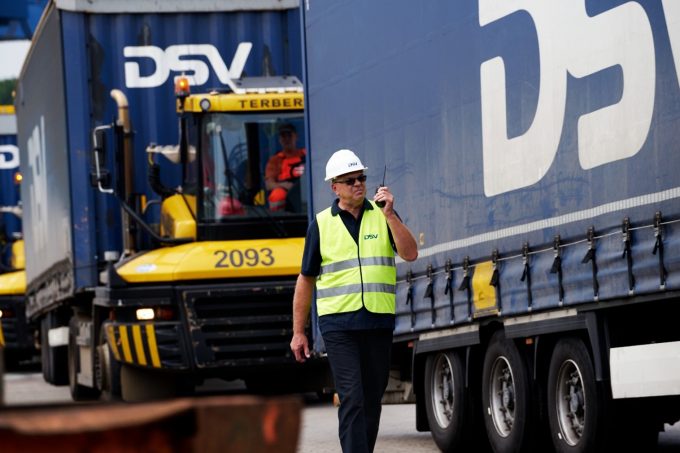Top forwarders all set for cash flow boost as earnings sag
When being flush is bad

The UK Major Ports Group (UKMPG) has urged UK and European shippers and freight forwarders to consider using alternative home ports post-Brexit to avoid potential congestion at Dover and on the roads in its immediate hinterland.
It released a report today claiming there is a considerable amount of unused capacity on the UK east coast for shippers and forwarders to switch freight flows from the cross-Channel ferry services centred on Dover.
The reported claims that outside Dover, the UK east coast can ...
'Disastrous' DSV-Schenker merger would 'disrupt European haulage market'
'Chaos after chaos' coming from de minimis changes and more tariffs
List of blanked transpac sailings grows as trade war heats up and demand cools
Shippers in Asia restart ocean shipment bookings – but not from China
India withdraws access for Bangladesh transhipments, in 'very harmful' decision
'Tariff hell' leaves industries in limbo – 'not a great environment to plan'
Asian exporters scramble for ships and boxes to beat 90-day tariff pause
Temporary tariff relief brings on early transpacific peak season
Pre-tariff rush of goods from US to China sees air rates soar, but not for long
De minimis-induced ecommerce demand slump could cripple freighter operators
Forwarders 'allowing the fox into the chicken run' by supporting 'hungry' carriers
Hapag 'took the bigger risk' when it signed up to Gemini, says Maersk
'Restoring America's maritime dominance' – stop laughing at the back of the class
Navigating tariffs: 'like trying to solve a Rubik's cube while colour-blind'
Marginal gains on east-west ocean container routes in a challenging week

Comment on this article